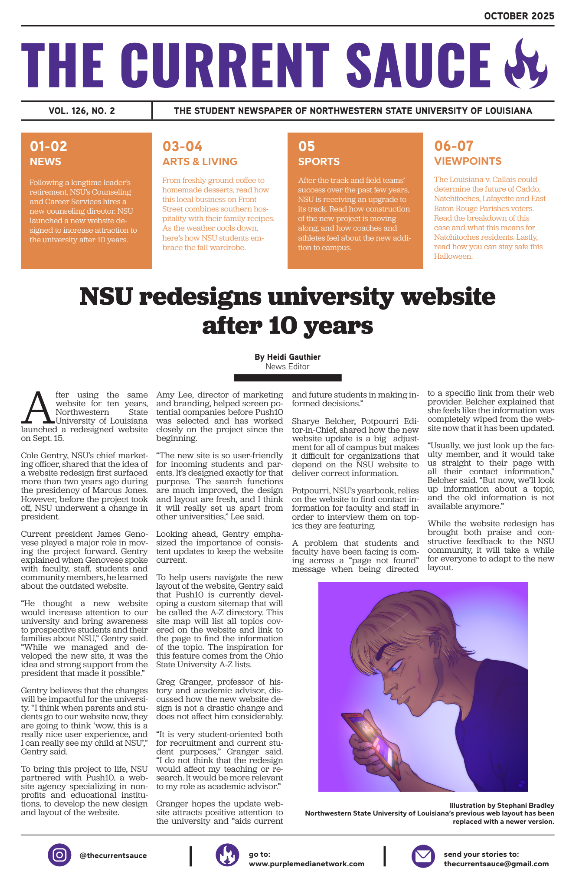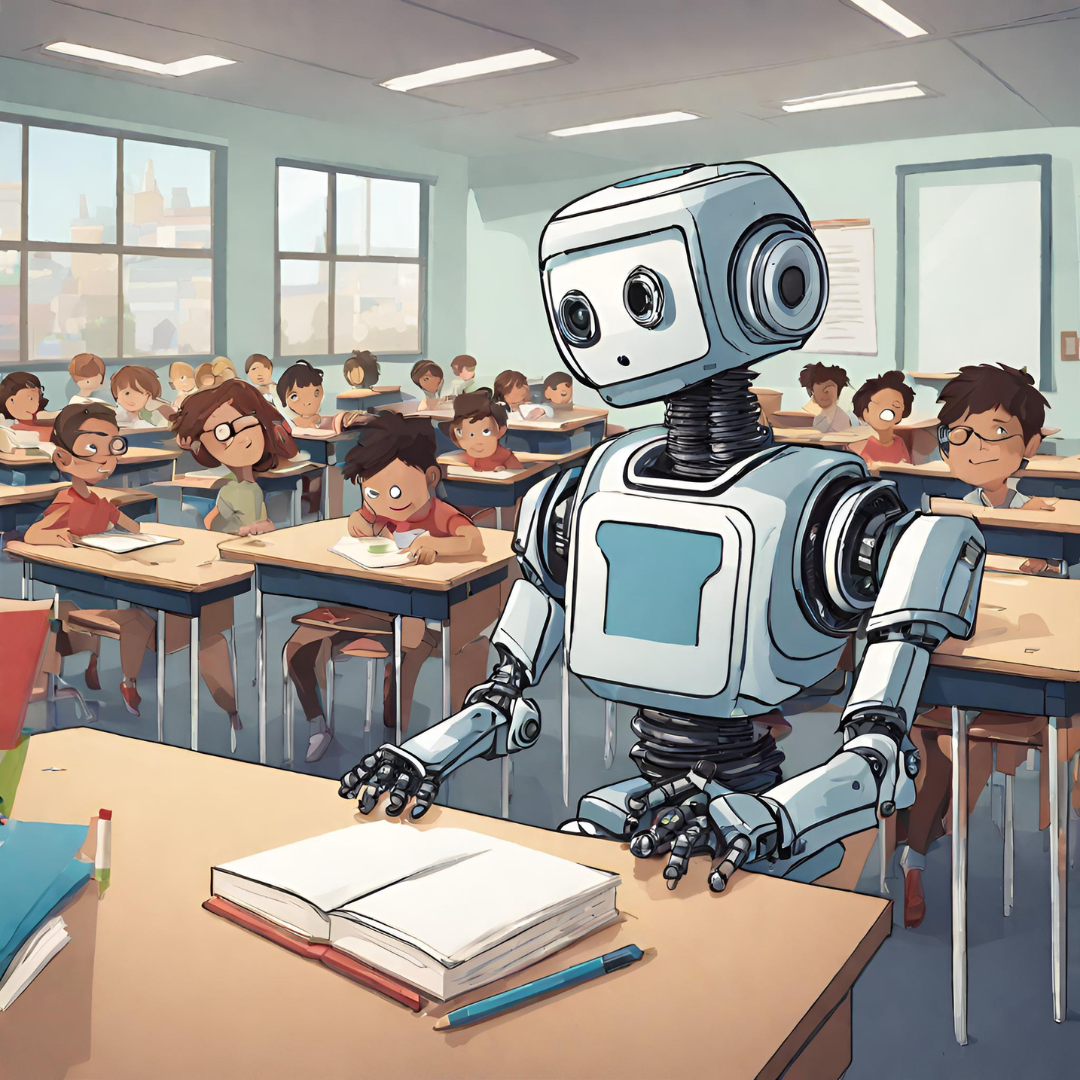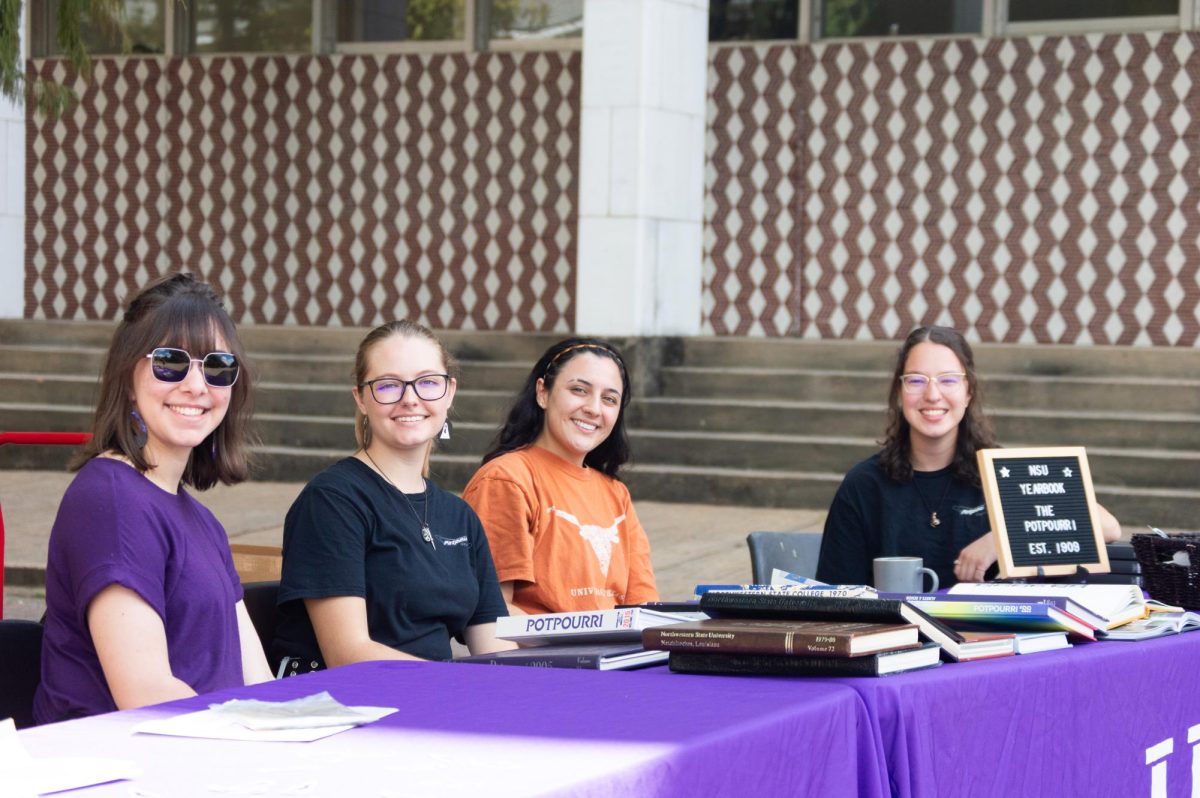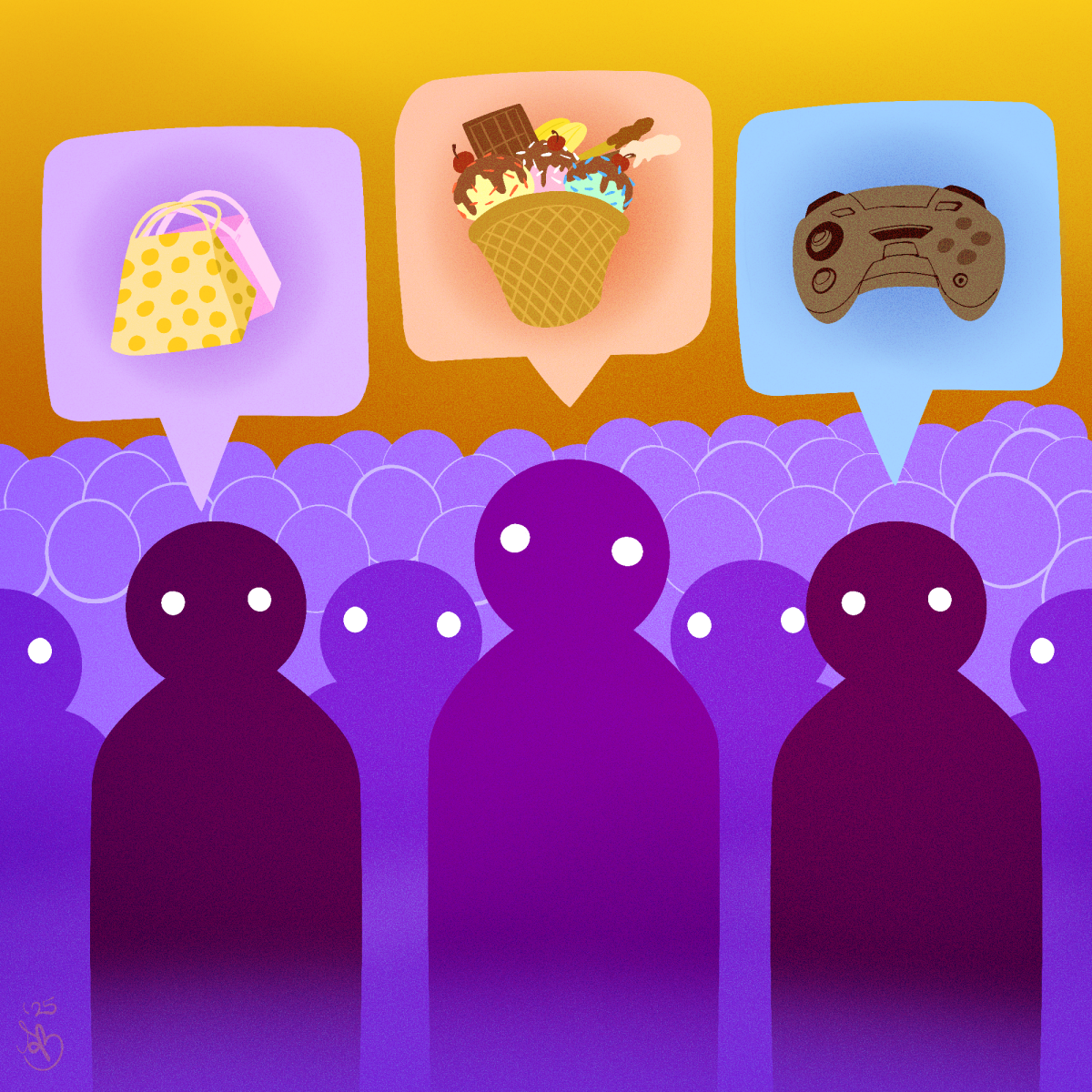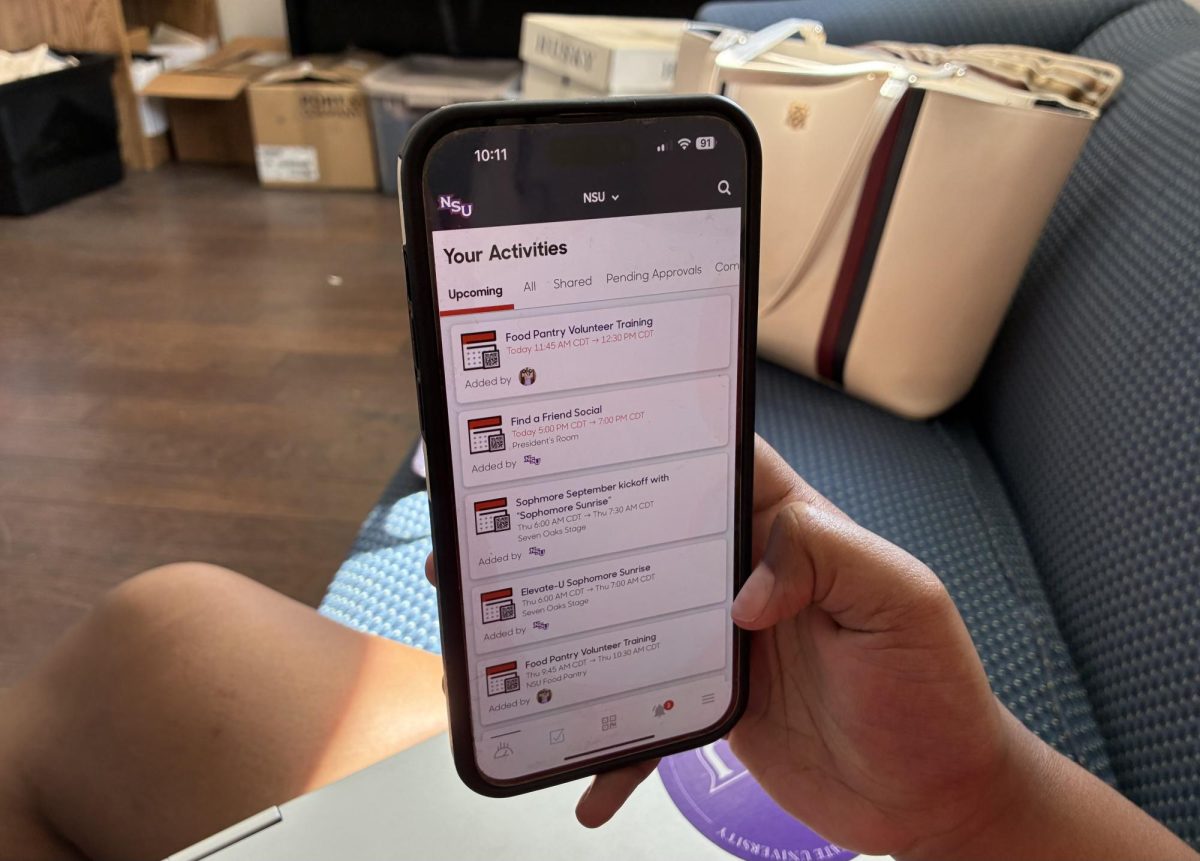How much do you trust technology? Are you concerned that Artificial Intelligence (AI) would take over society, leading to a robot revolution? Do you carry a phone in your pocket, storing vital information and listening to your every word?
Are we ever going to reach a point in society where we are okay with how far we have progressed technologically, or are humans always going to try to create the next best thing that does something that nobody has seen before? How far is too far when it comes to technology, and its potential to help or harm us?
Artificial intelligence, while recently picking up popularity through programs like ChatGPT and Snapchat AI, has been around for a lot longer than people assume, with the term coined in the 1950s, and exclusively known by super geniuses. Today, everybody can access an AI program. Even children and teens can talk to their personal AI through social media apps like Snapchat.
ChatGPT gained popularity after its November 2022 launch for its ability to hold human-like conversations and easy accessibility for the average internet user. It is free and accessible through a website. Once you create an account, you can initiate different chats with the AI, and you are free to ask whatever questions you want, and the AI will answer as it can. ChatGPT presents endless possibilities, creating both excitement and fear.
On one hand, ChatGPT can help students in writing essays, completing math problems and writing speeches. On the other hand, it saves time on projects and comes up with creative ideas people wouldn’t have thought of on their own, to check that their math is correct, and much more. I believe that this is an argument that will never be solved and is also one that has happened before.
When the iPhone started becoming popular and kids started bringing them to school, there were students who were using their phones to cheat on tests and homework. But also, by letting students have a phone on them, it gives them an extra level of safety in case of an emergency, while also giving them access to many tools in one small phone. A calculator, a photo and video camera, a way to message and call, and a way to search the internet without having a desktop. Eventually, schools found a balance, either banning phones or restricting their use to designated times. The iPhone situation parallels current AI and how it will or will not be integrated into schools and universities.
Some professors and teachers use AI program checkers like Winston AI to test papers and tests for AI-generated text. But this draws up the question about the accuracy of AI detection programs. Can you truly ask AI to detect other AI? Are these AI detectors setting certain students up to be falsely accused of using AI?
A study by Cornell University showed that an AI detector consistently detected essays written by non-native English speakers as AI generated, whereas native English speaker’s essays were detected as human generated. This is devastating for non-native English speaking students in America. It is a potentially transgression against them for nothing other than the fact that English is not their first language.
Another potential issue is for students with autism, or that are neurodivergent, who may have different writing styles than neurotypical people, are more likely to be flagged by the AI detector. A college students’ academic career can be ruined by a false allegation of cheating, and while some students may be using AI to write their essays, many are not, and do not deserve to be falsely accused because of the way that they write.
Until the AI detector becomes more accurate, it is essentially useless, causing more problems than it is worth. AI is still becoming widely used, and it is progressing and learning more every day, which makes it near impossible to create rules around it in schools. Use technology to your advantage while preserving academic integrity. It is only going to keep growing, and integrating itself more and more into our day-to-day lives, so the sooner we accommodate ourselves to it, the easier it will be.
Categories:
From Siri to surveillance: navigating the AI frontier
Canva Artificial Intelligence
An image created by an A.I. photo generator of what some may believe is the future of classrooms.
0
More to Discover
About the Contributor

Destin Lopez, Current Sauce – Viewpoints Editor
Destin Lopez is a senior communication major, with a minor in pre-law and paralegal studies at NSU. She is currently the 2023 Viewpoints editor of the Current Sauce. She has had a love for writing and design since highschool, where she spent two years as the Editor-in-Chief of the yearbook. Destin is excited to share her stories to NSU and Natchitoches, and is hoping to leave a mark with her writing.

